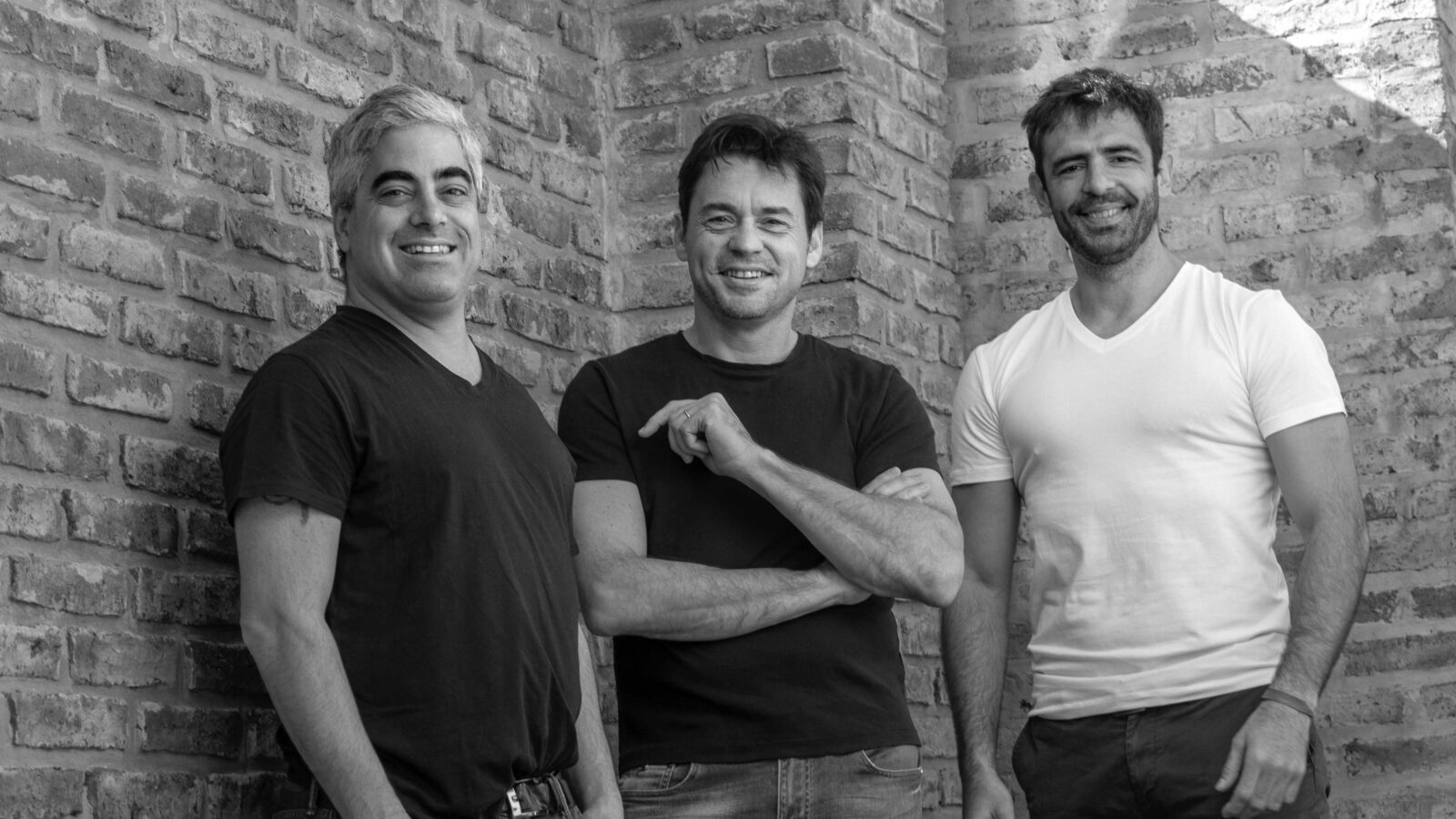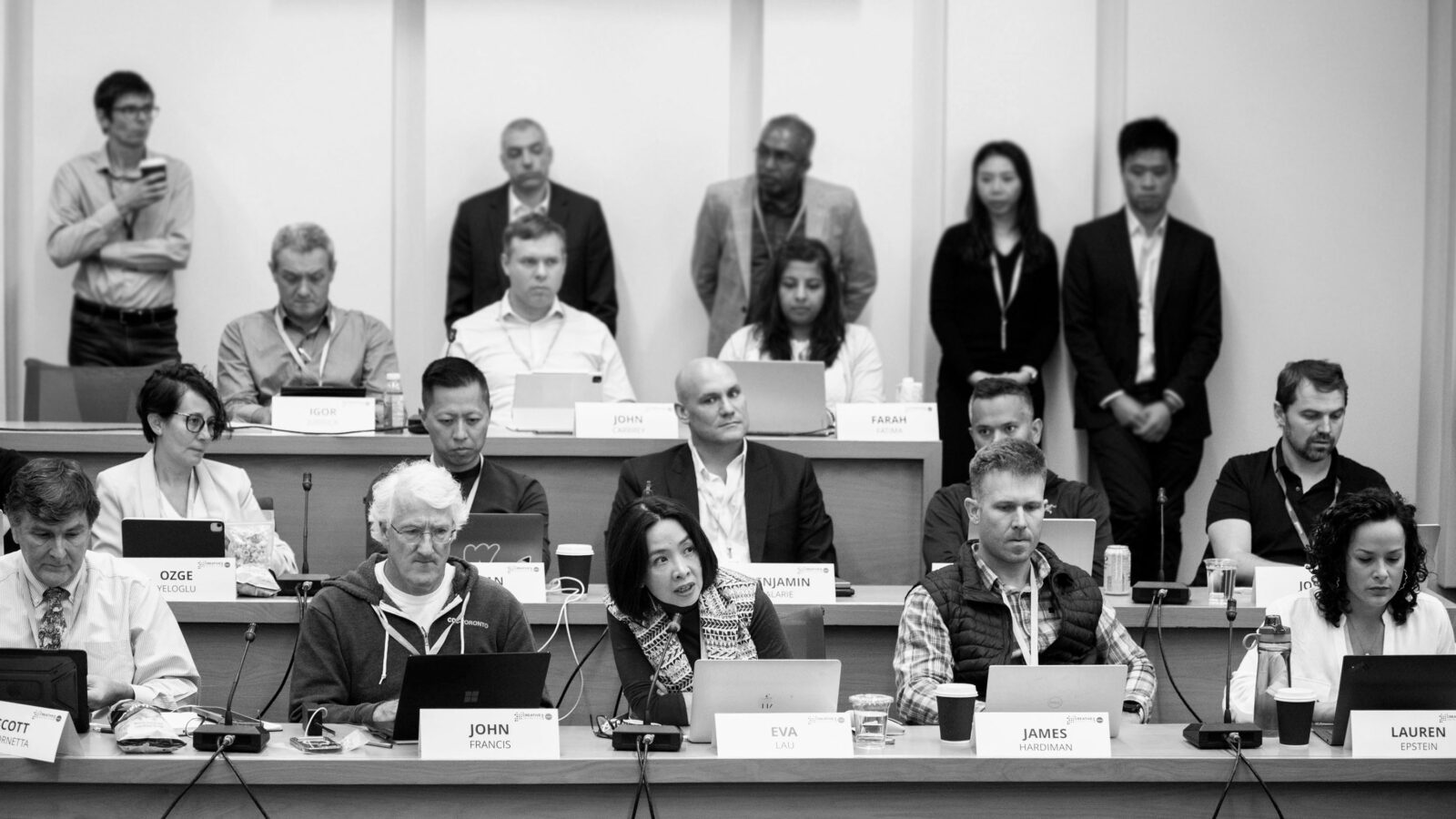Advanced materials are key to the development of a sustainable future, and this is exactly what Wootz, an advanced materials startup from Texas, USA, intends to do. Wootz produces aligned Carbon Nanotubes (CNT) materials using a novel manufacturing process, with high-performance properties that surpass competitors on the market. Their materials are electrically conductive, lighter than aluminum, stronger than steel, and as flexible as cotton, affording them promising applications within the electronics and renewable energy sectors.
Wootz started out with a fiber that exhibited exemplary properties in comparison to existing alternatives on the market, but they didn’t have a good product-market fit. Wootz had identified what they thought would be their beach-head market; Fly-fishing, as their fiber could create fishing line tippets that were ultra-strong and flexible. Yet, Wootz knew they would quickly outgrow this hobbyist market.
Enter CDL Matter, a stream which focuses on helping startups within the advanced materials space solve some of their most pressing business objectives like finding product-market fit, among many others. With the help of CDL mentors, Wootz gained feedback on their business objectives, pivoted from a limited beachhead market, and found their product-market fit elsewhere within the electronics and renewable energy sectors. Importantly, from this pivot, they gained investor interest and successfully closed a $2M seed round.
We asked Wootz founders Amram Bengio (CEO) and Alex Marks (Chief Engineer), to tell us how CDL Matter mentors helped them solve their most pressing pain points, like product-market fit. Here’s what they said:
How did CDL Matter help you find your target market?
Our initial target market, Fly-fishing, was far too small and the mentors were rightfully concerned that even success would not prove the properties of our product in such a way that it could serve as a steppingstone into adjacent markets. With the support of our CDL mentors, we learned how to methodically look for commercial opportunities for our technology that are aligned with our critical path, which in and of itself may have an even higher value than identifying any single opportunity, especially in the long term. I would say going through the CDL process helped us to think critically about commercial risk in general since as first-time technical founders we tend to overestimate technical risk and underestimate commercial risk.
Having understood the value propositions of our technology, CDL mentors pointed out that we were leaving some significant opportunities on the table. Sarah Applebaum (Partner at Pangaea) was instrumental in advising us on which markets represented an attractive opportunity, and going further, what to look out for when structuring partnerships as an early-stage company working with large commercial entities. Sarah also provided introductions to several investor groups and venture capital funds.
Michael Helander, (CEO and founder of OTI Lumionics) provided valuable insight into the electronics-display space, which turned out to be one of the markets where our technology can bring significant value. Michael provided strategic advice on what to look out for and what to keep in mind when structuring a partnership in this market, as well as introductions to individuals and entities active in the display space. From these introductions, we have gained commercial traction for our coatings.
Other than product-market fit, what other benefits did you receive from CDL?
1. Advice from seasoned professionals within the advanced materials space
The main benefits we took away from the program can be directly attributed to the CDL mentors’ wide, but directly relevant, range of backgrounds. Startup veterans in the advanced materials space know the many potential pitfalls we face. From their own hard-fought experiences, we learned what is important to focus on today to avoid problems in the future. They helped us to recognize red flags from potential investors and partners and prioritize tasks both in and out of the objective-setting framework.
2. How to create a strategic investment pitch-deck
In the initial stages of fundraising, we frequently walked away from our pitches with promises but no commitments. It has been our experience that most investors will not tell founders what they are thinking, or why they are wary of writing a check. Within the CDL program, however, mentors who are industry leaders in the VC space candidly advised us on what we were missing to craft a compelling pitch deck for investors, and how best to go from the first due diligence follow-up call to closing on an investment.
3. Optimize the customer discovery process
When talking to potential customers, we sometimes struggled to figure out whether a show of interest stemmed from a fleeting curiosity or a real sense of urgency. We spent an exorbitant amount of time on customer discovery projects that involved long hours doing feasibility studies and making prototypes for our prospective customers, with no monetizable commitment to show for it. CDL mentors, who are business leaders in their respective industries, helped us check our assumptions about the pain points of a given market. With this help, we were able to rapidly pivot from one application to the next.
Are you an advanced material startup looking to optimize your product-market fit? Contact the CDL Matter stream today!





